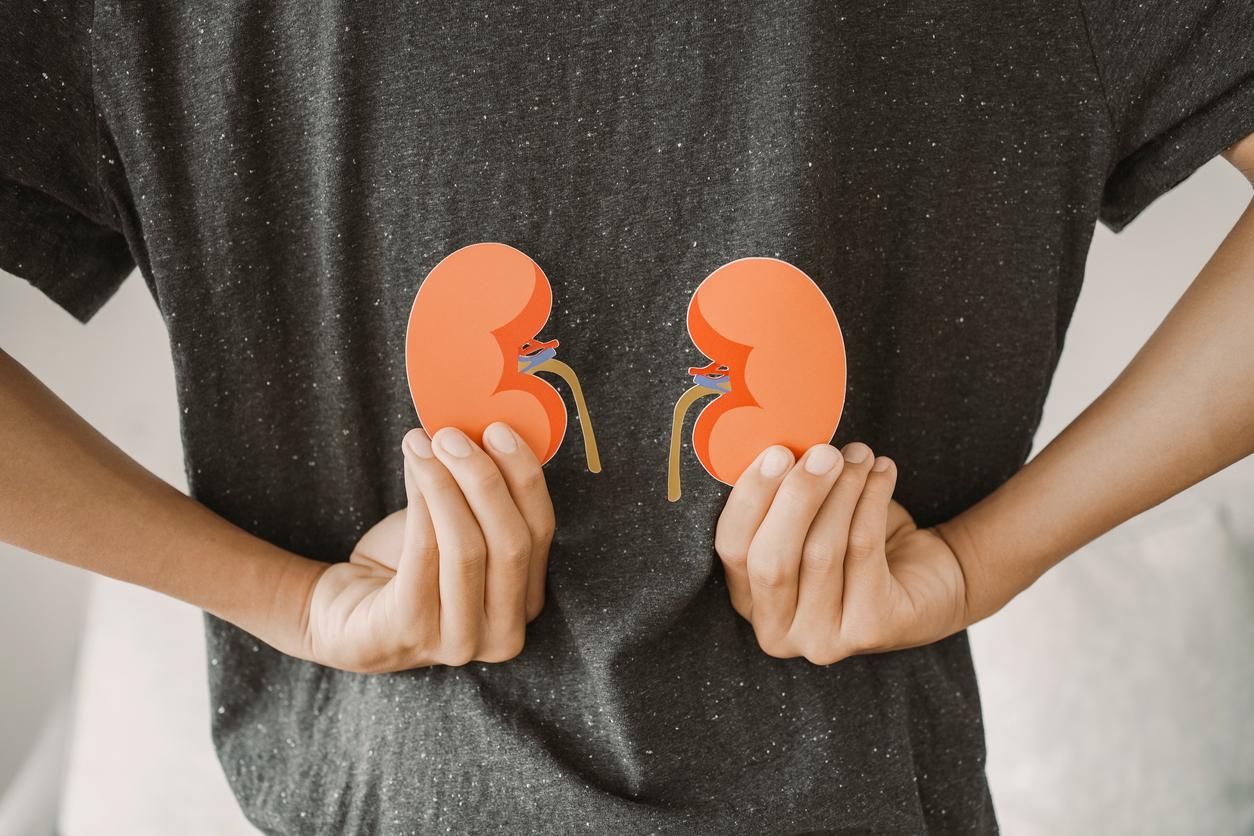As COP26 opened on Sunday, rising temperatures caused more than 200,000 hospitalizations for kidney disease in 15 years in Brazil alone.

- For a 1°C increase in average daily temperature, there is an increase of nearly 1% in kidney disease.
- Those most affected are women, children under the age of 4 and those aged 80 and over.
This Sunday, in Glasgow, the twenty-sixth session of the Conference of the Parties (COP26) began. The stakes are high as the climate crisis continues. A new study, published on October 31 in the journal The Lancet Regional Health – Americas, pinpointed one of the direct consequences of rising temperatures on health: kidney disease. Focusing particularly on the case of Brazil, Australian researchers from Monash University and Brazilian researchers from the University of Sao Paulo have shown that 7.4% of hospitalizations for kidney disease are attributable to global warming.
One more degree is worth 1% more kidney disease
This is the largest study in the world on the impact of temperature changes and kidney disease. This focused on Brazil, between 2000 and 2015, and revealed that more than 200,000 cases of hospitalization are the direct consequence of rising temperatures. To do so, the researchers used daily hospital admission data from 1,816 cities in Brazil. The study looked at a total of 2,726,886 kidney disease hospitalizations recorded during the study period.
The researchers noted that for a 1°C increase in average daily temperature, there is an almost 1% increase in kidney disease. Those most affected are women, children under the age of 4 and those aged 80 and over. Associations between temperature and kidney disease were strongest on the day of exposure to extreme temperatures, but persisted for 1-2 days after exposure.
Protect the most vulnerable
The researchers believe that their study provides “strong evidence that more policies should be developed to prevent heat-related hospitalizations and mitigate climate change.“The authors advise urgently integrating interventions into government policy on climate change, including targeting those most at risk. They thus point to women, children, teenagers and the elderly, as they are more vulnerable to heat with regard to kidney disease. “Also, attention should be paid to low- and middle-income countries like Brazil, where reliable heat warning systems and preventative measures are still needed.”, they added.
Already in 2017, the increased risk of kidney disease due to global warming was highlighted, the researchers recall. It was then noted that the incidence of death from kidney disease increased by 26.6% compared to a decade earlier. An increase that would be partly due to climate change.
.
















